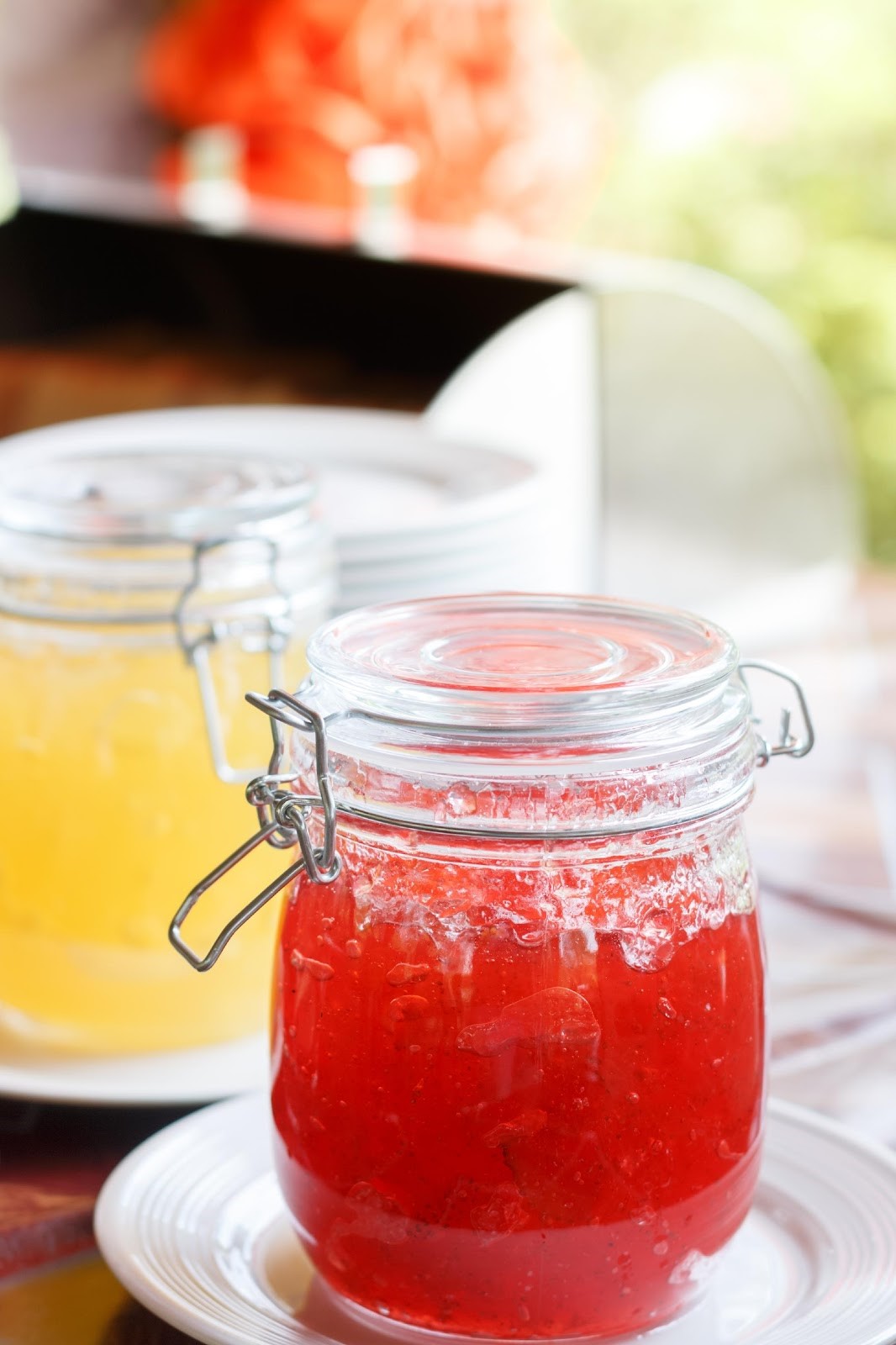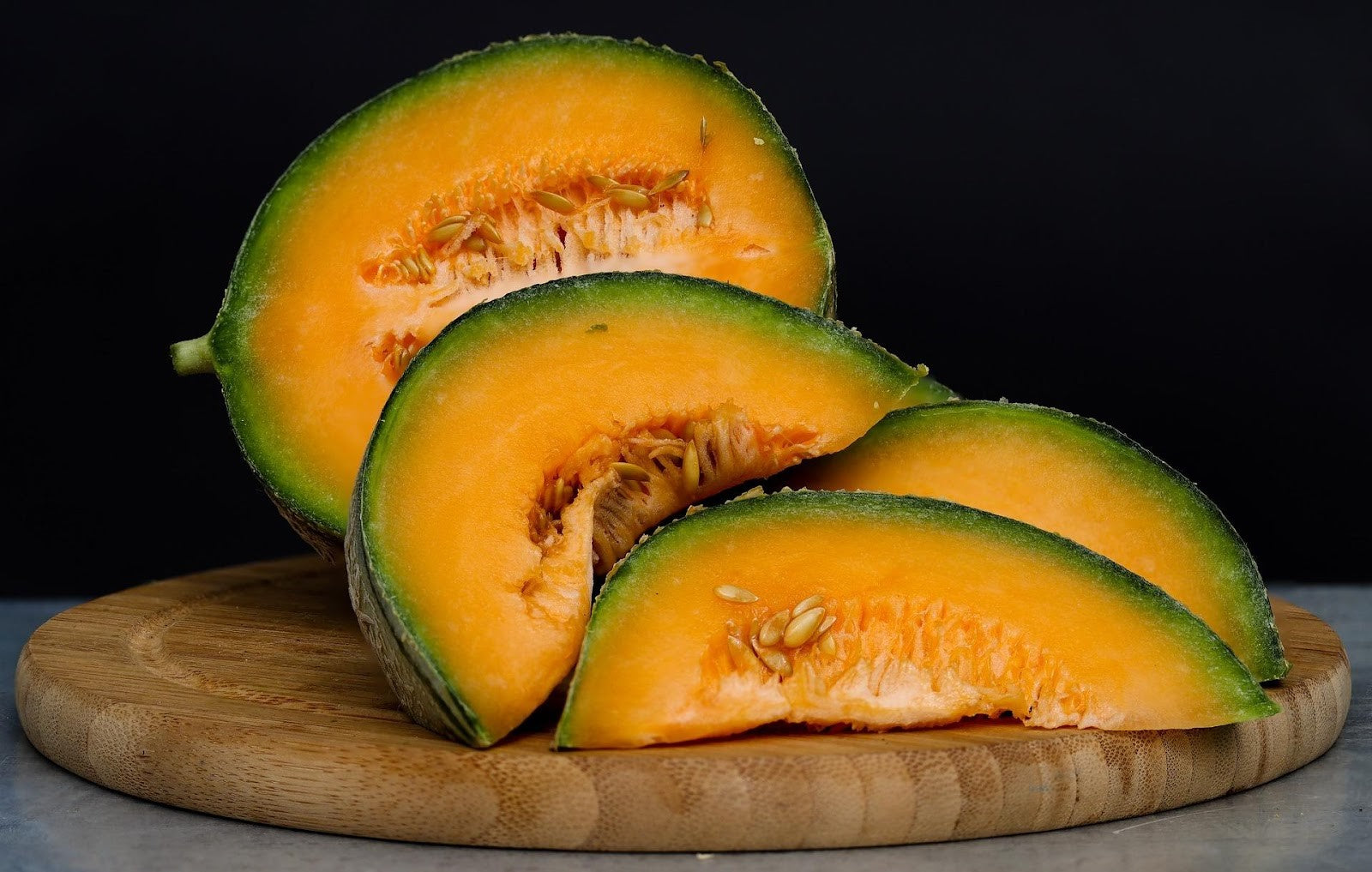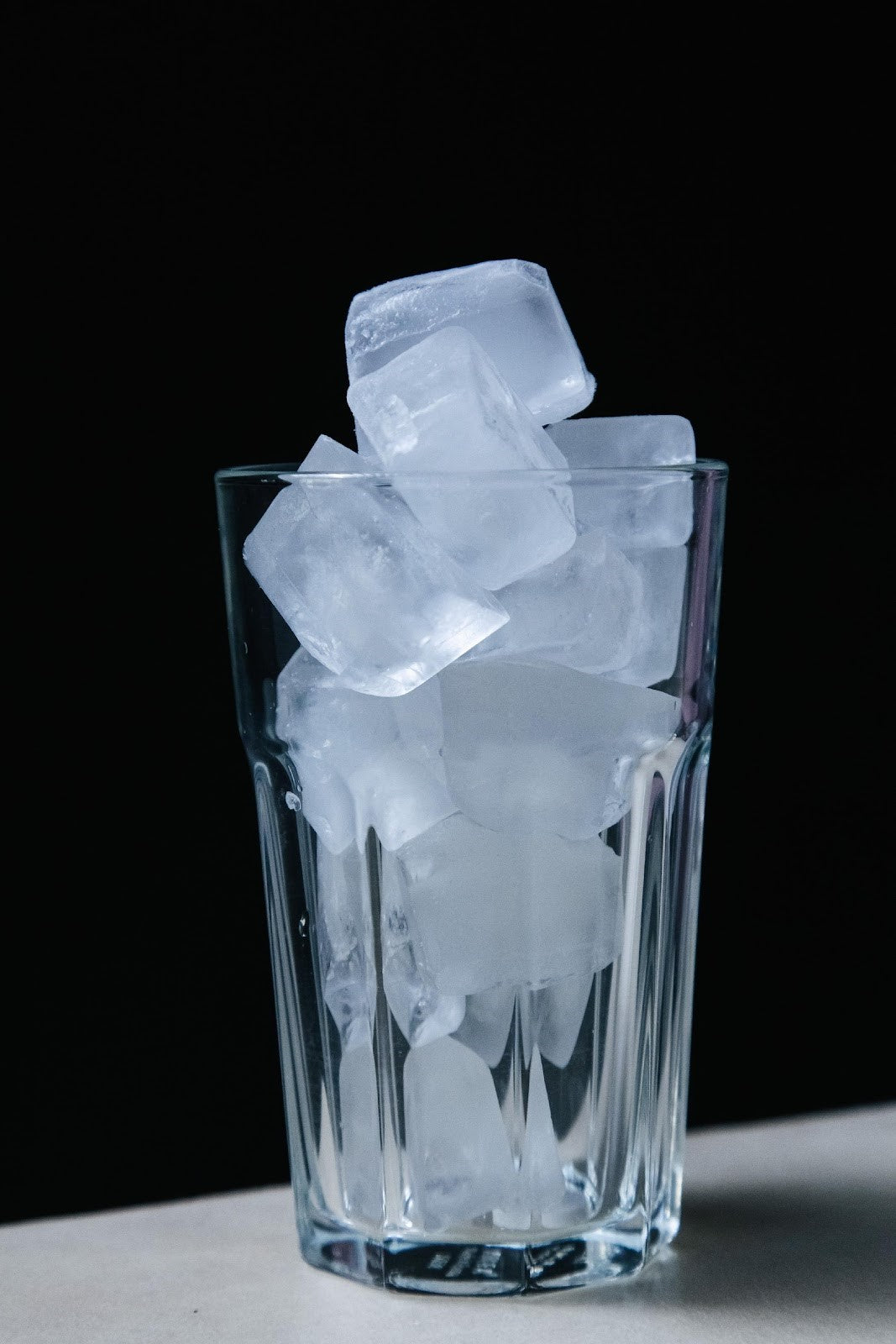
Ever heard of kimchi and wondered what it was? You will not be the first. Kimchi is a traditional Korean dish made with salted and fermented vegetables such as napa cabbage and Korean radish. It is known for its hot spicy taste and red color. Kimchi is packed with probiotics that improve your digestive health and it is equally low in calories.
So, we know kimchi is beneficial for humans. But what about cats? Can cats eat kimchi? Is it safe for them? Our pets can't but poke their noses around our plate of food, hoping for a bite or two. But can cats eat kimchi? You have to keep reading to find out.
Can Cats Eat Kimchi?
Cats should not eat kimchi. Kimchi contains a high salt content that will be too much for your cat's system to handle. Also, other spices found in kimchi such as ginger and garlic can be toxic to your feline. It is best to avoid feeding kimchi to your cat to avoid health complications. However, if your cat eats a tiny piece of kimchi, they shouldn't experience any complications but you may need to observe them for the next few hours or days. If you notice any symptoms of an allergic reaction, consult your vet.

Will Kimchi Harm My Cat?
Kimchi is completely safe and even beneficial to humans but the same cannot be said for cats. Kimchi may not harm your cat immediately but it can cause side effects that may put your cat in a difficult situation.
Below are some of the reasons kimchi should not be given to cats:
High Salt Content
Kimchi is a salty food and that too is not just in taste. It contains a high salt content that can be tolerable for humans but not for cats. Cats do not need a lot of salt. Hence feeding kimchi often to your cat can cause a build-up of salt in their body and this may lead to salt poisoning. It may also cause their hair to fall off.
Food poisoning
This is considered the biggest potential risk of feeding Kimchi to cats. Due to the fermentation process, Kimchi must be prepared and stored properly. Otherwise, it can cause food poisoning and this is bad for cats. It may cause stomach issues like diarrhea, stomach upset, vomiting, etc
Also, if your cat has an underlying health condition, it is best to avoid feeding kimchi to them at all.
Bloating
One of the most common reactions to fermented foods is a temporary increase in gas and bloating. This is due to the excess gas being produced after probiotics kill harmful gut bacteria and fungi. Your cat may be uncomfortable if they are bloated and this may make them restless. They may also experience flatulence and constipation.
Can Kimchi Cause Diarrhea?
Well-prepared and properly stored Kimchi does not cause diarrhea under normal circumstances. However, eating spoiled Kimchi can cause gastrointestinal issues such as diarrhea.
This is because spoiled Kimchi will grow molds which will be filled with mycotoxins. These mycotoxins can cause nausea, diarrhea, and vomiting. Thus, cats should never be allowed to eat spoilt kimchi.

Can Cats Eat Sauerkraut?
Sauerkraut is like kimchi in that both of them are fermented but they are not the same. Sauerkraut is fermented shredded cabbage which is made from red or green cabbage. Like kimchi, it is packed with nutrients and probiotics that humans enjoy. Sauerkraut is known especially for its high vitamins C and K content.
So, should cats eat sauerkraut? It is not advisable to feed this fermented dish to cats for the same reason kimchi is advised against- salt! Salt is required for the fermenting process but the amount will be too much for your cat and can result in ill health.
Sauerkraut has a tangy acidic taste that may not be pleasant to your cat. In all, if your cat eats a small piece of sauerkraut, it should be fine. But it should not become a regular part of their diet because of the salt content and also because it does not contain all the necessary nutrients your cat needs.
Is Kimchi OK for Kittens?
Kittens should not be fed Kimchi. Just as with your adult cat, it is safer to avoid feeding kimchi to your kittens. Your kitten cannot tolerate the high amounts of salt and as you already know, Kimchi has a high salt content.
Given that your kitten is still small and developing, you should not feed them anything that may inhibit their growth. The less Kimchi your kitten eats, the better. Whereas, feeding them their specially formulated cat food will do them lots of good.
What Should I Do If My Cat Has Eaten Kimchi?
If your cat has stolen a piece of kimchi from your plate, the first thing to do is to watch their behavior over the next couple of hours or days. They may experience symptoms like vomiting, stomach upset, or diarrhea after eating a small amount of kimchi, especially if it is their first time. This is because their system is not used to it.
Usually, these symptoms go away on their own and your cat is quickly back to their normal self. However, if the symptoms persist for longer than a few days, it may be an emergency so the best thing to do is to take them to the vet immediately.
But in case you suspect that your feline has eaten a large amount of kimchi when you were not looking or you are not sure of the amount they ate, the best course of action is to take them to the vet immediately. This is to avoid any adverse side effects. Also, you should not self-medicate or home-treat your cat to avoid worsening the situation.
Conclusion
Kimchi is not toxic to cats but neither is it healthy. As a parent, you should only give healthy foods and treats to your cat to keep them safe and strong.



